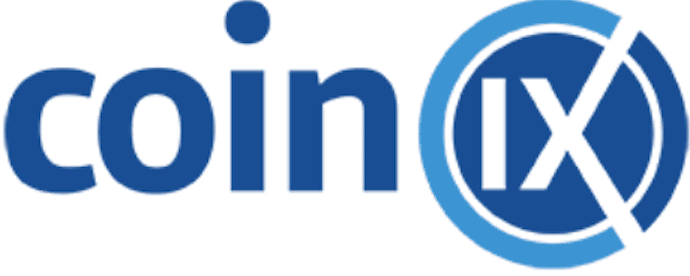Hamburg, 15 March 2024 - The Corporate Sustainability Reporting Directive (CSRD) stands as a pivotal piece of EU legislation, ushering in a new era of corporate accountability. This directive mandates that large companies and listed SMEs furnish regular reports detailing their environmental and social impacts. The CSRD carries a myriad of advantages, from evaluating non-financial performance to fostering responsible business practices and augmenting transparency.
This groundbreaking directive, which took effect in January 2023, necessitates companies to submit reports for the 2024 financial year by January 2025. Large companies, defined as those with over 250 employees, a turnover exceeding 40 million, and total assets surpassing 20 million, are obliged to participate. Similarly, all listed SMEs in Europe are included, except those with fewer than 10 employees or a turnover below 20 million.
The CSRD requires companies to comprehensively report on their social nd environmental impacts, addressing sustainability risks such as climate change. Social responsibility, employee treatment, human rights adherence, anti-corruption measures, board diversity, stakeholder engagement processes and intangible assets like social, human, and intellectual capital must all find a place in these reports.
In contrast to the Non-Financial Reporting Directive (NFRD), the CSRD is not a mere inclusion in the annual report but a central element of the management report. It is mandatory, and the reports must be in a digital, machine-readable format. With potentially over 50,000 companies across Europe falling under its purview, the CSRD is poised to reshape corporate reporting standards.
Several companies, including Plan A and Watershed, have emerged to offer specialized CSRD reporting services. Yet, the implementation of CSRD is not without challenges, chief among them being the arduous task of data collection and auditing. In addressing this, the application of blockchain technology emerges as a promising solution, streamlining these processes and mitigating the demands on time and resources.
Blockchain Technology in CSRD
Blockchain’s decentralized and tamper-resistant nature makes it an ideal solution for enhancing the reliability and transparency of data in CSRD reports. Blockchain can streamline data collection processes by providing a secure and immutable ledger for storing environmental and social impact data.
Smart contracts, executable code embedded in the blockchain, can automate the verification of sustainability metrics, ensuring accuracy and reducing the need for extensive auditing. Furthermore, blockchain’s decentralized nature eliminates the risk of data manipulation or fraud, instilling greater trust among stakeholders.
As CSRD mandates machine-readable documents, blockchain’s data integrity and accessibility can facilitate the seamless sharing and retrieval of information. By leveraging blockchain in the preparation of CSRD, companies can not only meet regulatory requirements efficiently but also elevate the overall credibility and reliability of their sustainability reporting.
About coinIX
coinIX GmbH & Co KGaA, based in Hamburg, is a listed In company and has been investing in the broad spectrum of blockchain innovation since 2017. This includes the next level of digitalization in traditional industries, as well as new fields such as Decentralized Finance (DeFi). For this purpose, coinIX invests in equity of startups, early token projects and liquid cryptocurrencies. It offers a listed share that is traded on the open market of the Düsseldorf Stock Exchange.
(WKN: A2LQ1G | ISIN: DE000A2LQ1G5 | Ticker: XCX)

 en
en